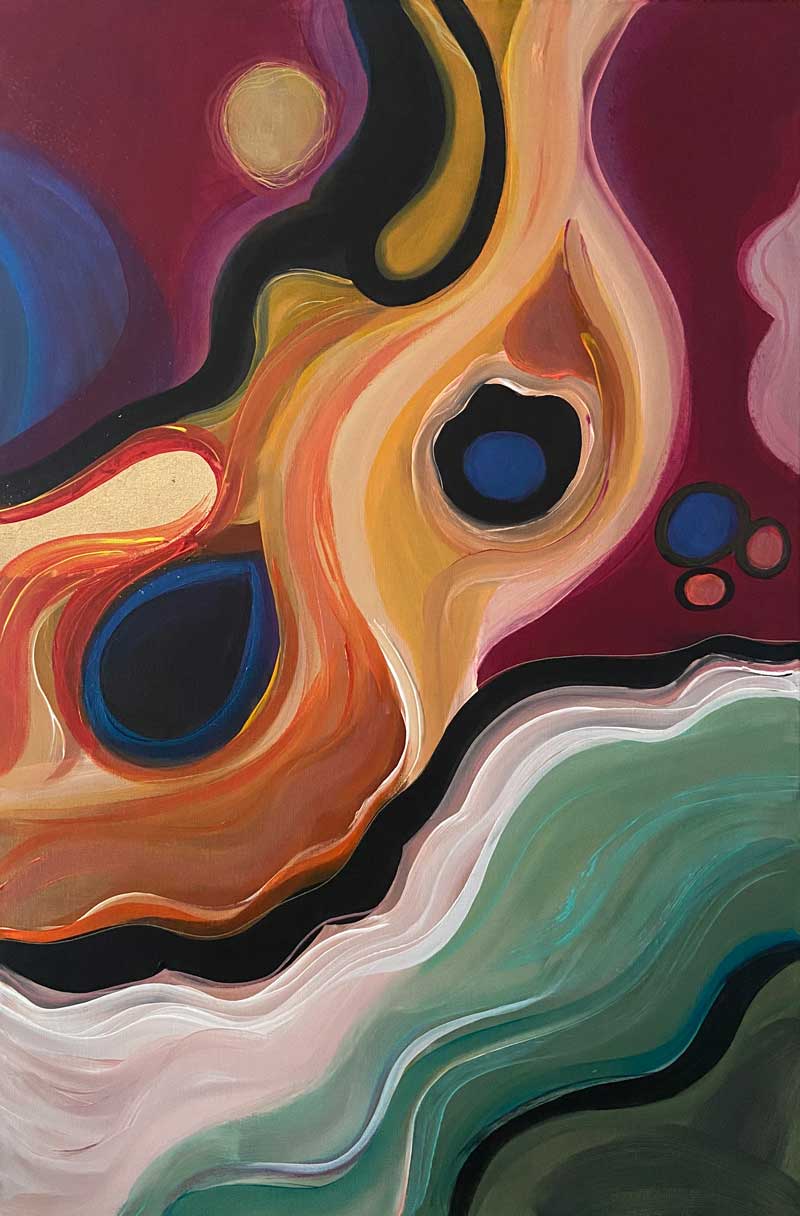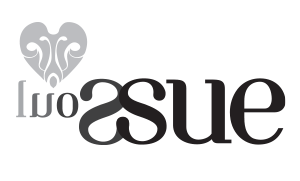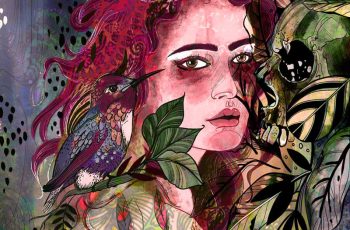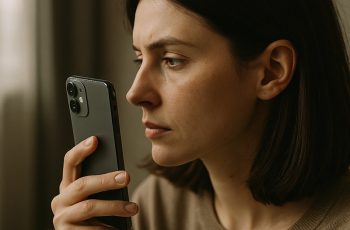Every week, new heated debates rise about AI (artificial intelligence). Some say it will replace writers, designers, illustrators. Others argue it will remain just another tool, like so many that came before.
But honestly? The debate often feels shallow. The fear of replacement hides something deeper: creative work has been undervalued for years, long before AI entered the picture. I know this because I’ve lived it.
The Long History of Creative Undervaluation
I’ve worked in agencies, lived on freelance projects, and built my own platforms. Along the way, I saw my talent applauded by clients and, at the same time, dismissed by creative directors.
I had illustrations used without credit. I was fired for delivering work the client loved but a director considered “outside my role.” I was labeled “difficult” when the real issue was my refusal to play backstage political games. I left agencies where talent mattered less than happy-hour drinking buddies, less than family connections, less than last names printed on contracts.
These experiences left scars. They also left gaps in my CV — gaps recruiters often misinterpret as failure. But those gaps were not empty. They were filled with personal projects, reinvention, exploration. In a world that truly valued creativity, those spaces would be recognized as growth. Instead, the industry often reduces them to weakness. And so reinvention became my way of surviving.
Reinvention as a Constant
For me, reinvention is not a choice. It’s survival. I’m a designer, illustrator, painter. I’ve won awards in social projects and had my artwork recognized in exhibitions. I’m also an art director who understands SEO and digital marketing. I’ve written over a thousand articles on my own platforms. I’ve managed teams, coordinated courses, built websites, and explored different mediums.
I even reinvented myself as a migrant, moving countries, starting again in a new culture, in a new language. None of this has shielded me from the precarity of the creative industry. But it gave me a sharp clarity: the problem is not AI. The problem is how the market has always treated creatives.

Abstract acrylic painting with organic shapes and vibrant colors symbolizing the dialogue between creativity and artificial intelligence. Artwork by Sue Maistro, 2025.
AI and Creativity: The Real Problem Is Not the Machine
Many panic at the idea of AI replacing creative jobs. But as an art director, illustrator, and visual artist, I don’t feel threatened by AI creating images. Why? Because our work was being undervalued long before the technology arrived.
Technology is a tool. It accelerates processes, expands possibilities. But those who already ignored the value of creative work don’t need AI to exploit it. They’ve been doing that for decades.
The problem isn’t the machine. It’s the culture that operates it. It’s the business model that sees creatives as replaceable parts. It’s leadership positions filled by politics and egos, not by understanding of creativity.
It’s the system that demands junior professionals to perform at senior levels while being paid as interns. That expects seniors to deliver the work of four people while being paid as juniors. It’s the system that rewards office politics and punishes independent talent. And deep down, we all know it.
Why So Many Creatives Give Up
This culture of exploitation drives many artists, designers, and creatives away. Some abandon the field altogether. Others retreat into personal projects, accepting that their creativity will never be valued in traditional structures. Many internalize the idea that they’re “not good enough,” when in truth, the problem lies in an industry that never knew how to respect them.
It’s ironic. Society consumes art, design, music, and illustration every day. Every screen, every interface, every package is designed by someone. Yet the human weight behind each brushstroke or pixel remains invisible. Creatives are treated as accessories, not as essential forces of culture and economy.
In that context, AI emerges as a convenient villain. It’s easier to blame the machine than to confront the real issue. But let’s be honest: it’s not AI pushing creatives out of the market. It’s the structure that was already broken.
Reinvention as the Core of Creativity
Faced with this, reinvention becomes both a curse and a gift. A curse because it demands endless resilience: learning new tools, creating new paths, enduring instability. A gift because, at its essence, creativity has always been about reinvention about reshaping, transforming, seeing the world differently.
I’ve reinvented myself as illustrator, art director, writer. As a migrant starting over. As a painter finding new colors after dark seasons. Reinvention is the lifeline of creative existence.
Seen through that lens, AI doesn’t need to be the enemy. It can be another force of reinvention. Another lens through which imagination expands. A partner that takes over repetitive tasks, freeing time for exploration, vision, and depth.
More soul, more stories, right this way:
- Quantum Consciousness: Where Science Meets Spirit
- Creativity: Characteristics of Creatives
- Art and Mental Health: How Creativity Supports the Mind
- Concrete Art: A Complete Guide to the Movement
AI as Extension, Not Enemy
So, is AI a threat or a potential force? My answer is: it depends. It depends on how we use it and how we choose to treat one another. If we continue with a culture of exploitation, AI will become another weapon. It will be used to cut costs, strip people of dignity, reduce imagination to algorithms.
But if we embrace AI as an extension of human creativity as a tool that amplifies rather than replaces it could unlock new horizons. It could be used to elevate imagination instead of suffocating it. The choice isn’t in the code. The choice is in us.
What Really Threatens Creativity
What replaces creatives isn’t a machine. It’s a culture of exploitation, invisibility, and disregard for human imagination. The real question is not whether AI will replace us. The real question is: will we keep accepting a system that has always treated creativity as disposable? And to those who still insist on making AI the scapegoat, I leave this reflection: look inward. Look at how you treat the creatives around you.
The problem was never the machine. The problem has always been human.
FAQ – AI and Creativity
Is AI a threat to human creativity?
AI itself is not the real threat. The undervaluation of creative work has been happening long before artificial intelligence. What truly threatens creativity is a culture of exploitation and invisibility of artists.
How can AI support creativity?
AI can extend human imagination by automating repetitive tasks, accelerating processes, and offering new creative lenses. When used as a tool, not as a replacement, AI can unlock new artistic potential.
Why has creative work been undervalued?
Creative work has long been undermined by corporate structures that prioritize politics, cost-cutting, and egos over imagination. Many creatives face low pay, job precarity, and lack of recognition, forcing them into constant reinvention.
Will AI replace artists and designers?
AI can replicate certain outputs, but it cannot replace the depth of human vision, cultural context, and emotional expression. The real risk lies in how industries choose to use AI, not in the technology itself.


